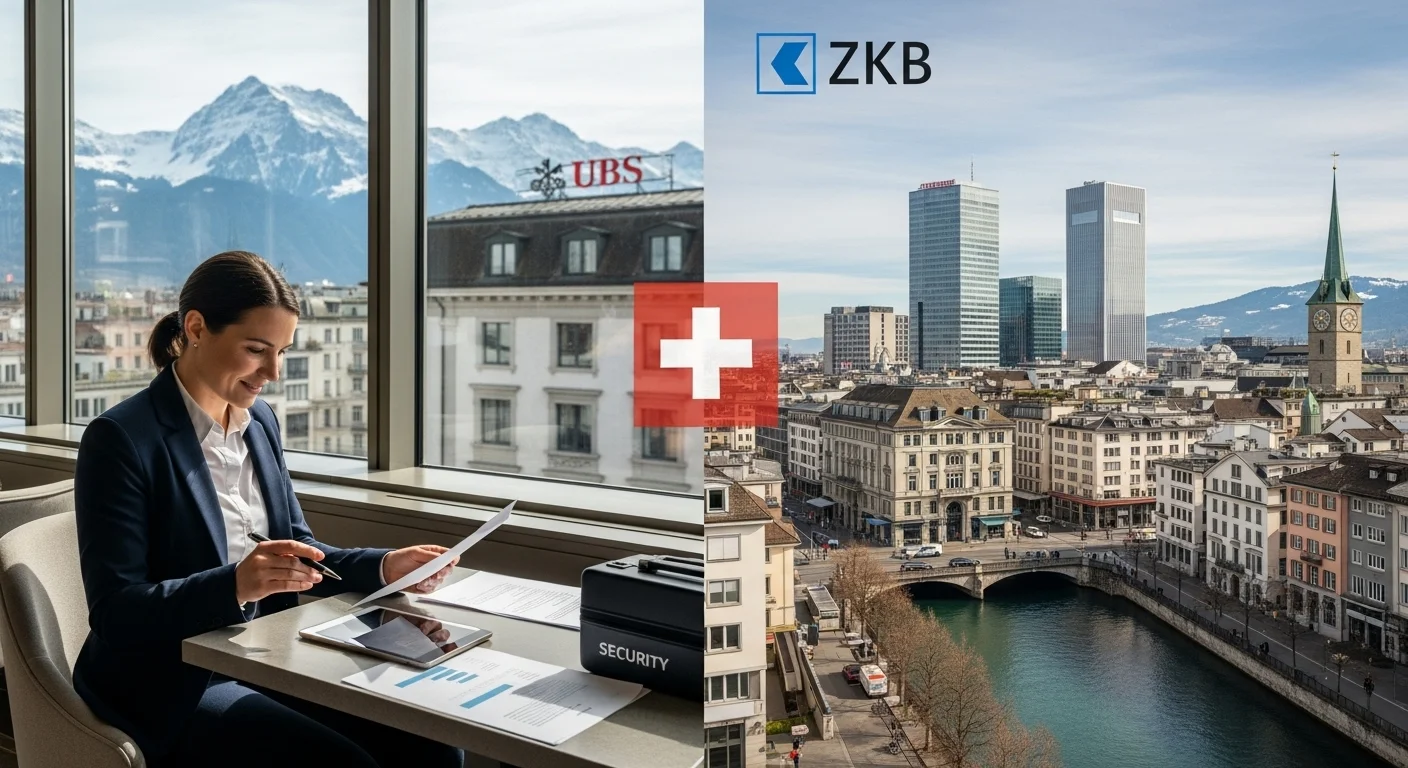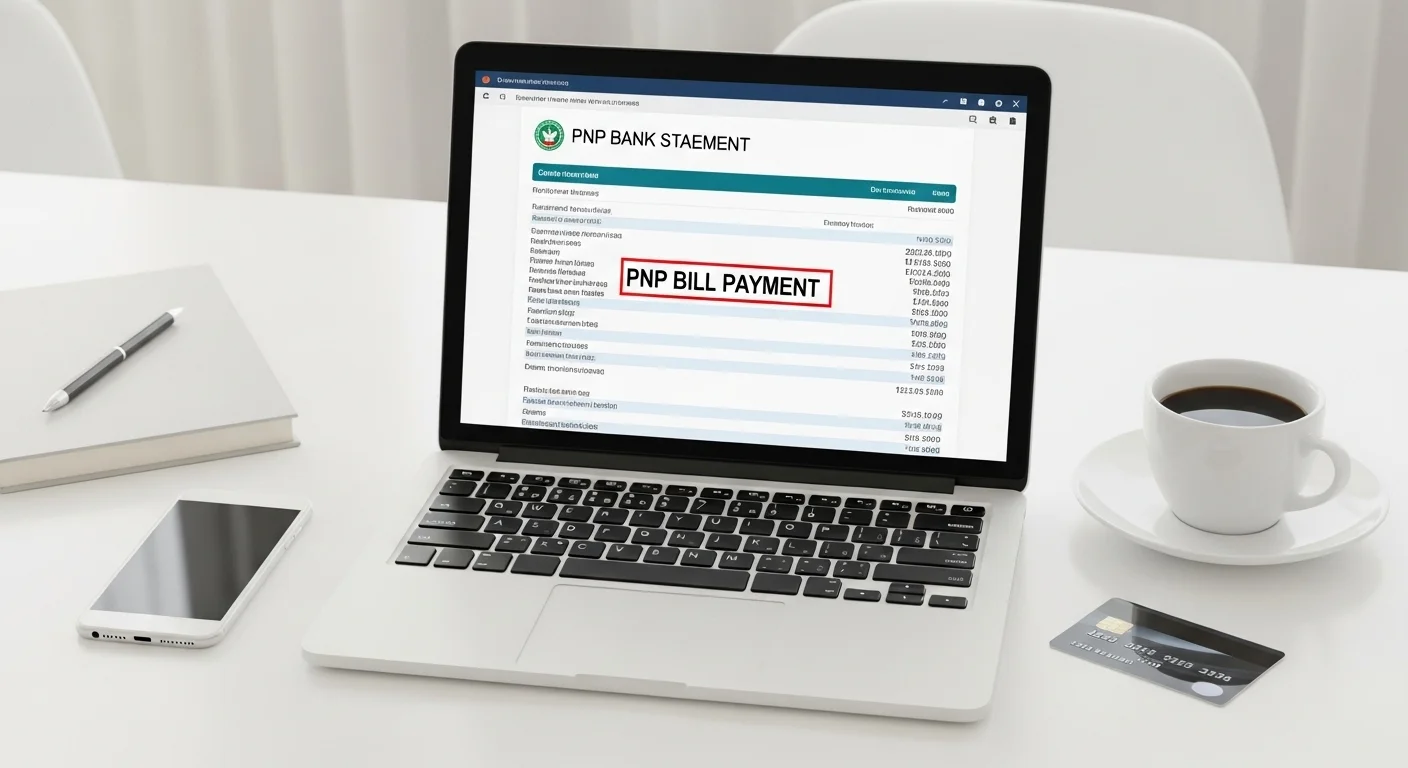How to Open a Swiss Bank Account: A Complete Guide
Switzerland is world-famous for its secure, stable, and trustworthy banking system. The country’s banks have a long history of professionalism and privacy, attracting millions of international clients who value financial stability and security. Whether you are an expat, freelancer, or frequent traveler, understanding how to open a Swiss bank account can help you manage your finances globally with confidence.
This guide explains the process in simple terms, from the reasons people choose Swiss banks to the documentation required, step-by-step procedure, fees, and benefits. By the end, you’ll know exactly how to get started and what to expect as a foreign applicant.
1. Why People Choose Swiss Banks
Swiss banks are considered some of the safest in the world. Their reputation is built on financial stability, strong government regulations, and advanced security systems. Many people open accounts in Switzerland to protect their money, diversify currencies, or handle international transactions with ease.
Privacy is another major attraction. Although Swiss banking secrecy is not as absolute as it once was, client information remains well protected within legal boundaries. In addition, Swiss accounts often support multiple currencies, which helps people who deal with global clients or travel frequently. Having a Swiss bank account is not just a financial decision; it’s also a symbol of reliability and sophistication.
2. Who Can Open a Swiss Bank Account
Opening a bank account in Switzerland is not limited to wealthy individuals. In fact, most banks welcome foreign clients as long as they can meet certain requirements. You need to be at least 18 years old and capable of verifying your identity and address. Banks also require proof that your funds come from legitimate sources.
Different banks have different minimum deposit requirements. Some might ask for an initial deposit of around 1,000 Swiss Francs, while private banking services may require much higher amounts. The good news is that many banks now accept online applications, making the process convenient for international users.

3. Types of Accounts Available
Before learning how to open a Swiss bank account, it helps to understand which type of account fits your needs. Personal accounts are ideal for everyday use, money transfers, or savings. Business accounts are suitable for entrepreneurs who operate internationally. Savings or investment accounts serve people interested in growing wealth through secure investment options. For individuals with larger assets, private banking accounts provide tailored wealth management and dedicated financial advisors.
Choosing the right type of account ensures that you receive the right level of service and meet the bank’s expectations regarding deposits and maintenance.
4. Documents You Need
Swiss banks are known for being strict about documentation. This ensures compliance with both local and international financial regulations. You will need to provide a valid passport or national identification card, proof of residence such as a utility bill or rental agreement, and evidence of your income or employment. Most banks will also ask for details about the source of your funds to confirm that your money is legitimate.
If you are opening a business account, additional documents like company registration certificates or tax identification numbers may be required. Submitting all documents correctly in English, French, or German will help your application move faster.
5. Step-by-Step Process: How to Open a Swiss Bank Account
The process is more straightforward than most people expect. The first step is to research banks that match your financial goals. Popular names include UBS, Credit Suisse, and Julius Baer, all known for their excellent customer service and international accessibility. Once you choose a bank, you can apply online or visit a branch in person. The application form will ask for basic personal information and supporting documents.
After submitting your details, the bank will conduct verification checks to ensure compliance with international anti-money laundering and Know Your Customer laws. This step may take a few days. Once approved, you’ll be asked to make an initial deposit. After the deposit clears, your account will be activated, and you’ll receive online banking credentials or debit card information.
This structured approach shows that opening a Swiss bank account is not overly complicated. As long as your documents are valid and funds are transparent, the process runs smoothly.
6. Fees and Minimum Balances
Swiss banking fees vary depending on the institution and the type of account. Basic accounts may charge small monthly maintenance fees, while business or investment accounts could have higher charges in exchange for premium features. Common costs include transfer fees, foreign currency exchange charges, and ATM withdrawal fees for international transactions.

Some banks require clients to maintain a minimum balance to avoid additional charges. It is always a good idea to compare different banks before applying, so you know what fits your budget and expectations.
7. Key Benefits of a Swiss Bank Account
Opening a bank account in Switzerland offers a range of advantages. Clients enjoy access to one of the most stable currencies in the world, the Swiss Franc, which provides protection against inflation and currency fluctuations. Online and mobile banking systems are highly advanced, allowing easy global transfers. Swiss banks also give access to diverse investment opportunities and multi-currency accounts, making it easier to handle income or payments in different countries.
For many international users, a Swiss bank account represents both convenience and peace of mind, thanks to the country’s strong financial and legal framework.
8. Legal and Tax Considerations
Understanding the legal aspects is an essential part of learning how to open a Swiss bank account. Swiss banks must comply with global tax and transparency laws. They share account information with tax authorities in accordance with international agreements like the Common Reporting Standard. If you are a U.S. citizen, the FATCA regulations apply to you, meaning your foreign accounts must be reported.
Modern Swiss banking is transparent and fully compliant, making it a safe choice for legitimate financial activities. While the days of secret accounts are gone, Switzerland remains one of the most respected financial hubs in the world.
9. Choosing the Right Bank
Selecting the right bank is a crucial step in opening an account. Consider what you need most: daily transactions, investment options, or business services. You should also evaluate each bank’s digital accessibility, customer support, and available languages. Many Swiss banks now provide dedicated support for foreigners, ensuring that non-resident clients can manage accounts easily. Comparing several institutions before applying will help you make an informed decision that aligns with your financial plans.

Final Thoughts
By now, you should have a clear understanding of how to open a Swiss bank account and why it continues to attract people worldwide. The process may seem formal, but it is designed to protect both clients and institutions. With the right documents and realistic expectations about fees, you can open your account and enjoy the benefits of one of the world’s most secure banking systems.
A Swiss bank account is more than just a financial tool; it’s a gateway to international flexibility and stability. For anyone seeking a reliable way to manage global finances, Switzerland remains a top destination.








Post Comment